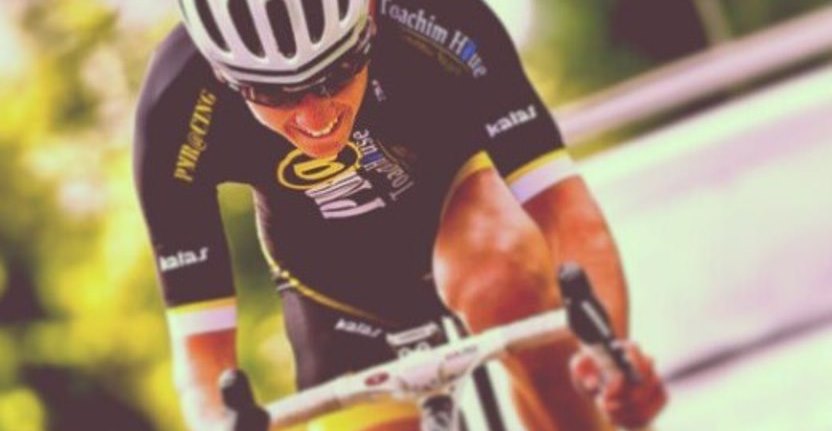To begin our exciting new Question and Answer blog series on ‘Student Life’ we have a fascinating interview to share from our third year BSc Sport and Exercise Science student Ciaran O’Grady. Ciaran was asked 5 questions by us here in the School of Sport and Exercise Sciences and here is how he responded:
1. What is the most important lesson that you have learnt?
Probably the most important academic lesson that I have learned is the skill of being critical. Being critical does not mean that you should spend whole assignments discussing flaws in theories or specific studies, but instead, a more balance appraisal of research. Take time to do your research and identify any conflicts in the field that you are studying, and assess which (if any) have the best support. To be effectively critical requires the knowledge that forms the basis of the research topics, which are a key part of the early years of your degree, and is the knowledge that the final years of study depend on if you intend on complete a critical discussion on a topic.
2. What advice would you give a new student?
Stay on top of things before they get out of control; have at least one time during the week where you update calendars, make lists for the following week, contact the people who that you need to and get organized. The more you do it, the easier it becomes to keep control of. During my time at the University of Kent, I had to learn how to effectively balance academic and sporting development as I was racing and training as a cyclist all year round. This meant that I had to utilize both traditional and more modern methods for being productive and efficient with everything that I undertake. If you don’t already, get Google Calendar, and use it to set up recurring and one-off appointments. I used this to great effect to organize my training around my studies, and allowing time for recreation and travel. The use of Google services such as Calendar and G-mail have been essential during my time here at the University of Kent, however more recently I have discovered Evernote, which I now use in conjunction with Google services in order to keep on-top of tasks and information. Another valuable tool that I utilized was Dropbox, which allows you to store files easily on-line and access them from anywhere, and share them with anyone. This was extremely useful during group projects, but most necessary during the data collection of my dissertation which required a substantial volume of data to be gathered and analysed. Dropbox also serves as a useful tool for making back-ups of important documents, but do not rely solely on it!
3. What support/service or guidance have you found most valuable?
I have found that making and maintaining relationships with members of staff and postgraduate students to be an extremely valuable and useful source of guidance. They have all been in situations that you are likely to encounter, and in most cases will be willing to give advice to you or to indicate a person better suited to address your needs. This does not mean that I would recommend bombarding your Professors and Lecturers with e-mails and so on, but maintain a professional relationship with as many as you wish. Attending assessment feedback sessions, giving thanks to whoever was presenting your lecture and telling them something that you enjoyed about it or simply greeting them in the corridor are all fabulous ways of developing these relationships that can potentially have a marked positive improvement on your experience at university.
4. Why did you choose SSES to study your degree?
I recognized that SSES was a leading faculty for the study of Sports Science, and it was relatively close to where I live. This meant that I was able to keep costs down as living at home meant I didn’t need to pay for accommodation, and also allowed me to focus on training and my studies better than I would have been able to if I had moved away. Once I started my degree at SSES, it was immediately apparent that the school has many members of staff that are involved with contemporary research, which really excited me and I was keen to be as involved as possible.
5. Where will your degree take you?
I will be continuing into Postgraduate study in September, working towards my MSc, and following that I am aiming to complete a PhD in Sports Science. I am also looking to begin work training elite cyclists in addition to my studies, which many of the cyclists I know are extremely interested in already!

